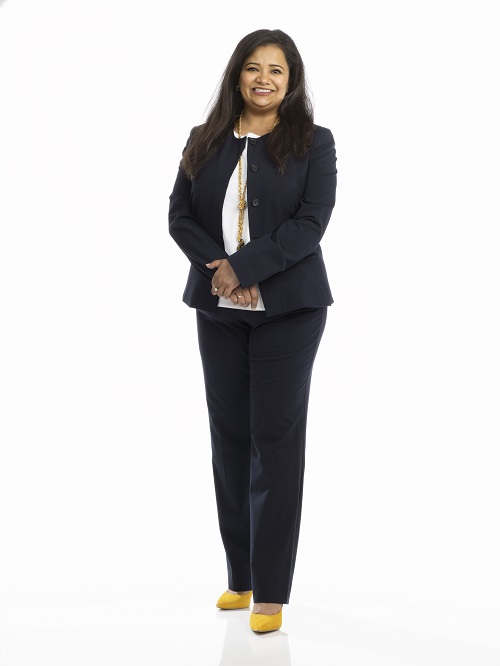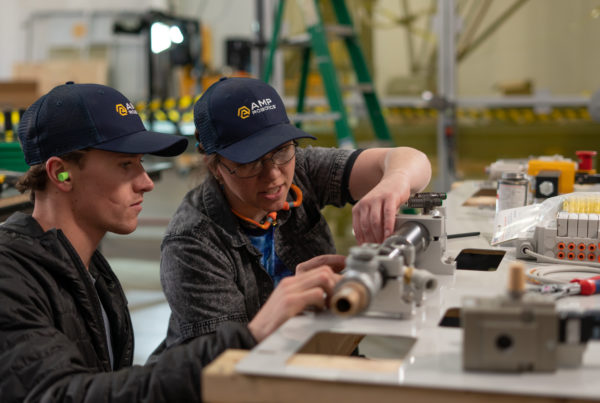You could say women living prior to the Industrial Revolution were recycling before it was considered “cool.” It’s strange to think about now, but back then cheap consumer goods were not widely available. If garments were ripped or torn, you couldn’t throw them in a corner and drive to the nearest clothing store to replace them. You needed to repair or repurpose the garment on your own. Homeowners grew and developed the necessary skills to repair, repurpose, and recycle their household goods.
In the modern day, we build on the efforts of our predecessors. Like the women living in the pre-Industrial Revolution era, we are committed to helping women in recycling develop and cultivate the necessary skillsets required for our industry, a traditionally male-dominated field. This is where ISRI’s Women in Recycling Council (WIR) truly shines—providing a community for women in the industry to grow and develop their skills so they can advance their careers and better the industry as a whole.
Initially, ISRI’s WIR launched in 2003, with several men and women seeking a forum to discuss women’s interests and continuing challenges. After more than a decade on hiatus, WIR was reborn in July 2018, kick-started by ISRI President Robin Wiener. Its members were motivated to ramp up WIR’s activities after the group had been dormant so long—while maintaining a methodical and intentional purpose and planning for growth.
Though it has evolved over the years, the Council’s mission is to build community among women in the recycling industry, as well as parlay their knowledge, skills, and visibility into management and leadership roles. WIR has three main pillars of focus: to help its members 1) attain more knowledge of the industry, 2) build and cultivate relationships among one another and other industry members, and 3) gain exposure and make an impact in ISRI.

Some of WIR’s goals for 2020-2022 include identifying a WIR advocate in each ISRI chapter and for each commodity; ensuring these advocates are integrated in the chapter and division leadership; developing a clearly defined framework for the WIR mentor network; increasing WIR communication through its newsletter, social media, podcasts, etc.; partnering with groups benefiting women and girls at the national and local levels to build our impact initiative; and incorporating activities on each of the three pillars at ISRI national events.
On this International Women’s Day 2021, we highlight how far we have come and toast to the past, while excitedly looking ahead and planning for the future. For the women of the recycling industry, we have a feeling that the best is yet to come.
ISRI2021, ISRI’s virtual convention, will feature a general session, presented by the women in recycling council, on diversity in the recycling industry titled Diversity in the Recycling Industry: Successes, Lessons Learned and Ways to Improve on April 27, from 11:00 a.m.-12:30 p.m. EST. Click here to register for ISRI2021.
This article was co-written by Women in Recycling Council co-chairs Sandy Brooks and Nidhi Turakhia.
Photos: Women in Recycling Council co-chairs Sandy Brooks (top photo) and Nidhi Turakhia (bottom photo).











